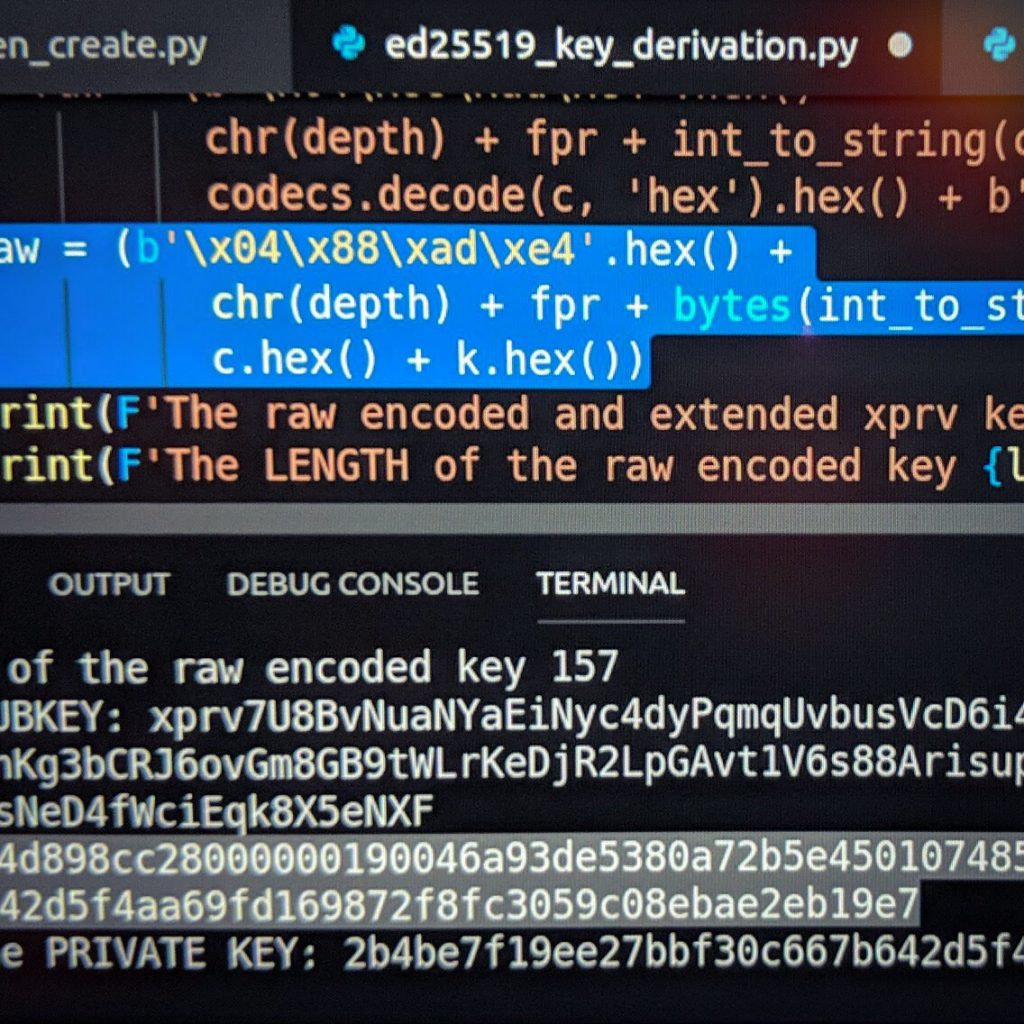The IPDB Association is set up expressly to foster research in the blockchain and DLT space: decentralized network governance, including embedded (on-chain) governance and external (off-chain) governance elements, for the benefit of society.
Initial research in the area of on-chain governance has so far mainly been on consensus mechanisms and is readily available. Corporate, as well as state-sponsored governance, has been extensively analyzed for decades. However, we still lack a holistic consideration of decentralized networks, taking into account the entirety of economic, social, legal and technical rules applied to a given network.
The IPDB Association is dedicated to this research and is also ready to become the governance body of consortial projects that tap into the blockchain code base the IPDB Association has been entrusted. We will work towards fostering the exchange on governance and consensus mechanisms between actors in society and in the industrial context, and will publish our findings as well as related projects.
The IPDB Association is dedicated to this research and is also ready to become the governance body of consortial projects that tap into the blockchain code base the IPDB Association has been entrusted. We will work towards fostering the exchange on governance and consensus mechanisms between actors in society and in the industrial context, and will publish our findings as well as related projects.

IPDB Association's
Governance
Building a decentralized organization that runs smoothly is not easy. We've learned from those who came before us, from the DNS to the DAO movement.
The IPDB network is coordinated by the IPDB Foundation, which is made up of its members and its elected management board.
The management board steers day-to-day activities, but any critical decisions, such as a change in the articles, election and dismissal of directors, exclusion of a member or approval of policies and annual budget are taken in the General Assembly of all members. Video presence is possible at these meetings, so any member can have their say even if they cannot attend a meeting in person.
The management board steers day-to-day activities, but any critical decisions, such as a change in the articles, election and dismissal of directors, exclusion of a member or approval of policies and annual budget are taken in the General Assembly of all members. Video presence is possible at these meetings, so any member can have their say even if they cannot attend a meeting in person.


Tech
IPDB is a metadata blockchain built around a registry of transactions serialized via the JavaScript Object Notation (JSON). Therefore, IPDB transactions can concern any data that a JSON structure can represent such as, for example, be sensor, text or image data.
IPDB interlinks transactions in a similar way to Bitcoin, using signature scripts - called conditions - in transaction outputs fulfilled within the input fields of succeeding transactions. IPDB represents a chain of transactions but not a blockchain. All transactions are stored locally in a database such as MongoDB but can be any database of choice. Tendermint's byzantine fault-tolerant proof of stake engine guarantees consensus on serialized data within the IPDB network. Thanks to IPDB's modularity, even the consensus model can be changed. IPDB is accessible from any programming language supporting JSON. Python is often the best choice as the core engine itself is implemented in this popular scripting language. Alternative language drivers for JavaScript, Java, Rust, Go and C are also available on IPDB's Github repository.
IPDB uses Interledger's crypto conditions for smart contracting and smart signing. Thanks to its modularity and cross-chain technologies, IPDB is a natural extension technology for other blockchains, easily usable with Bitcoin, Ethereum, Hyperledger and Corda R3. Such stacked implementations are available around the web.
IPDB uses Interledger's crypto conditions for smart contracting and smart signing. Thanks to its modularity and cross-chain technologies, IPDB is a natural extension technology for other blockchains, easily usable with Bitcoin, Ethereum, Hyperledger and Corda R3. Such stacked implementations are available around the web.

BigchainDB's code base was used to initiate the IPDB project.
IPDB is also one of the most versatile tools for managing self-sovereign identities and for issuing standard credentials and attributes.
Amongst other projects, the IPDB association supports DecodeProject's Zenroom contracting language to enhance IPDB's handling of non-value transactions. This is an example IPDB use case for exploring the possibilities of DLTs to contribute to digital governance projects throughout Europe.
IPDB is also one of the most versatile tools for managing self-sovereign identities and for issuing standard credentials and attributes.
Amongst other projects, the IPDB association supports DecodeProject's Zenroom contracting language to enhance IPDB's handling of non-value transactions. This is an example IPDB use case for exploring the possibilities of DLTs to contribute to digital governance projects throughout Europe.